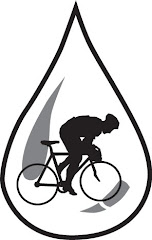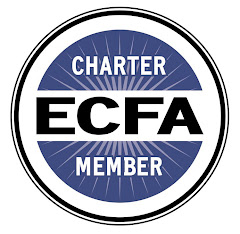Archbishop Desmond Tutu of South Africa calls Ubuntu "Me, We" and describes it like this:
Ubuntu speaks particularly about the fact that you can't exist as a humanThe Zulu people say it like this, " A person is a person through other persons."
being in isolation. It speaks about our interconnectedness. You can't be
human
all by yourself, and when you have this quality- Ubuntu- you are known
for your generosity. We think of ourselves far too frequently as just
individuals
separated from one another whereas you are connected and what
you do affects the
whole world. When you do well, it spreads out; it is for
the whole of
humanity.
Ciona concluded by noting that her "ability to thrive depends on their ability to survive." This seemed so counter intuitive to me for a while. Can your success really be linked to my success? What good can having you around really do me?
Then I thought about the movie Cool Hand Luke. What is the punishment for doing almost anything wrong in that movie? "A night in the box" A night in total isolation from humanity. With extended periods of isolation from humanity I would go crazy. My whole existence as a human is really validated by the people around me. I finally realized that I really do affirm my own humanity by acknowledging yours?
By putting myself in the shoes of someone else, stopping to feel their pain and engaging in genuine relationship with them, I am truly being human.
So Christ does have it right when he says "Unless a kernel of wheat falls to the ground and dies, it remains only a single seed . But if it dies, it produces many seeds." In the same way in order to experience any life we must die to ourselves in order to become a source of new life. Rob Bell says that, strangely enough, "Death is the engine of life."
May we all begin to practice a little more Ubuntu. Each day realizing the joy that comes from dying to ourselves so as to be made alive.



